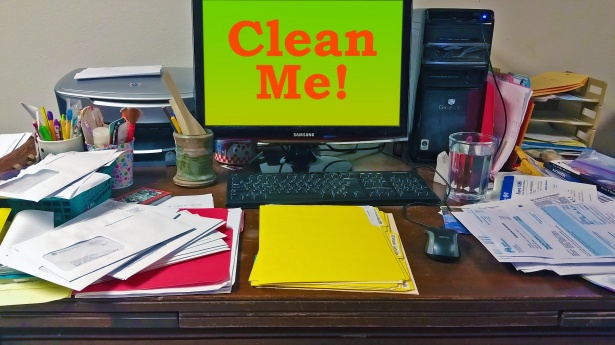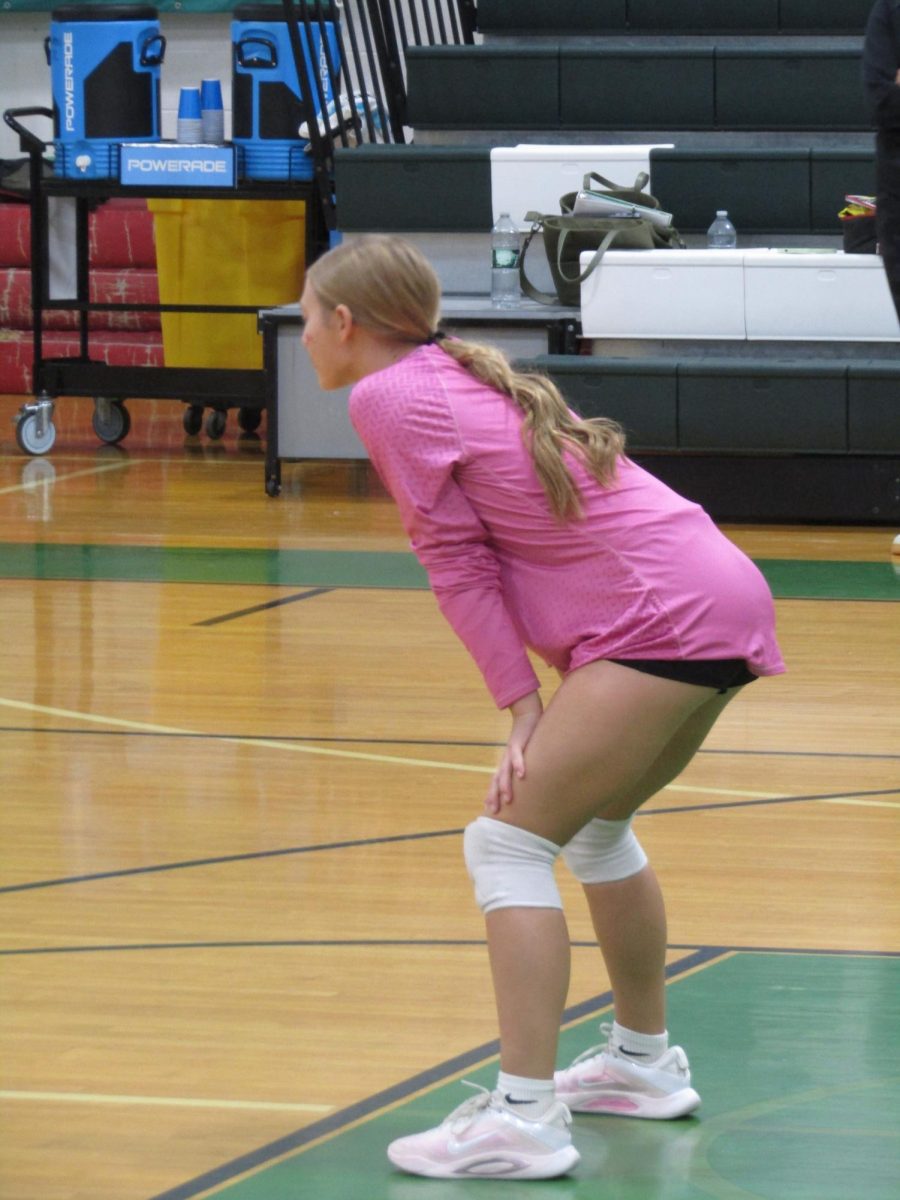A Child’s Mental Health
Children’s mental health is just as important as anyone else’s.
November 3, 2022
Many children grow up with fears and worries. Those fears and worries sometimes evolve into mental health issues. Some adults believe kids don’t have mental health problems and that they are too young to live that lifestyle or know how it feels, and children aren’t taught or told what mental health is and how it affects you till around middle school at the earliest and high school.
The way children are treated by adults affects their mental health and gets worse over time. Toddlers are usually scared of being away from their parents even if they are being watched by a babysitter or other family member. Toddlers only being with their parents the first couple years of their life makes them rely on their parents always being there to feel safe.
Most children do not outgrow their fears and they end up getting worse over time. The most common childhood fears are being alone, the dark, the doctor, unfamiliar sounds, imaginary monsters, big animals and bugs. Some of these fears stick with them throughout their life.
Fears interfere with school, home, and play activities. There is always something around that scares them, making most places not safe for them.
Many children are diagnosed with anxiety disorders early in their lives. Separation anxiety, phobias, social anxiety, general anxiety, and panic disorders are the most common during childhood.
Symptoms parents can lookout for are being angry or irritable, fatigue, headaches, stomachaches, feeling sad, hopeless, not enjoying fun things Changes in eating, Changes in sleep, Being sluggish, being tense, having a hard time paying attention, feeling worthless, useless, or guilty, and showing self destructive behavior. Anxious children keep their worries to themselves so the symptoms can be missed.
Occasionally being sad is normal for children, but some children are always sad and have lost interest in the things they love most, which is a big sign of depression. When children have persistent sadness and hopelessness they might be diagnosed with depression. Trauma causes children to have depression or anxiety.
it is normal for children to feel sad about little things like getting hurt or not getting invited to a friend’s house, but when being sad over everything becomes a habit it can lead to depression.
Extreme depression can lead to suicide or planning suicide. Suicide is the 2nd highest cause of death for ages 15-24 behind unintentional accidents. 1 out of 15 high school students admit to attempting suicide.
Parents can help kids by telling them and showing them there is nothing to be scared of. Your body language and tone of voice can help. Being calm in general can help them calm down as it is showing them they have nothing to worry about. keeping your child distracted and redirecting their focus onto something else.
A parent’s goal isn’t to eliminate mental health but to manage it. Having problems at a young age can shape a persons future, but parents helping with coping skills can eliminate or lower mental health.







































Ann-Marie West • Jan 5, 2023 at 7:29 am
This was not an easy topic to tackle and you did it well. I am proud of you and your ability to share this insight. Nice work.
Ted McCarthy • Nov 5, 2022 at 9:06 am
Desiree –
Nice to see the paper taking on important topics that relate to young people. Maybe a follow up piece where you interview our own Counselors and see how they respond?
Nice work!
– Mr. McCarthy
Marlyce • Nov 3, 2022 at 12:16 pm
Great insight on a very important mental health concern. Quality writing Desi.
adviser • Nov 4, 2022 at 7:31 am
Thank you for reading.
Antonina Moussette-Bedard • Nov 3, 2022 at 10:52 am
Very well done and informative article Desi.